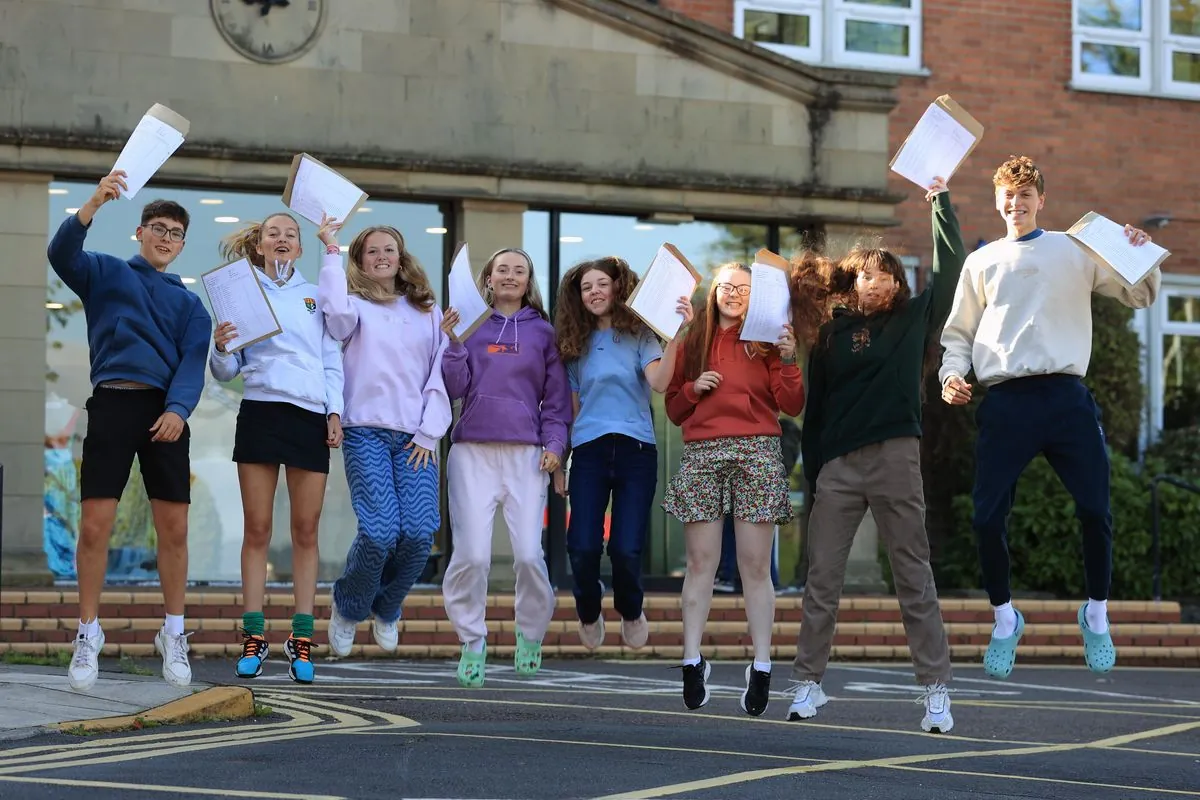Exploring Post-GCSE Paths: A Comprehensive Guide to Educational Alternatives
As GCSE results are released, students face diverse post-16 education options. This guide explores alternatives to A-levels, including apprenticeships, BTECs, and NVQs, offering insights into practical and vocational learning paths.

As GCSE results are unveiled, students find themselves at a crossroads, contemplating their future educational paths. While A-levels remain a traditional route, numerous alternatives offer diverse opportunities for post-16 education.
Apprenticeships have gained significant traction in recent years. In 2022/23, 393,400 individuals embarked on apprenticeships in England, with 70,020 under-19s comprising a quarter of all starters. This surge in popularity is rooted in the apprenticeship's unique blend of practical training and study.
"Many students prefer a more practical learning experience which might not be possible through a classroom based A-level qualification. An apprenticeship is a way for young people to earn while learning in a real job, gaining a real qualification and a real future."
Apprenticeships offer various levels, from intermediate to degree-equivalent, covering sectors such as engineering, media, and education. Olly Newton, director of policy and research at the Edge Foundation, notes that 92% of apprentices report improved career prospects.

For those not yet prepared for apprenticeships, traineeships provide an alternative. These programs, lasting 6 weeks to 6 months, offer work placements and preparation training. While typically unpaid, they cover travel and meal expenses, providing valuable workplace experience.
BTECs, introduced in 1984, offer vocational courses at various levels. These qualifications adopt a practical approach to learning, assessing candidates in real-world scenarios. Julie Robinson, general secretary of ISC, highlights the BTEC's strength in providing "a genuine route into the workplace" while keeping university options open.
The Technical Baccalaureate, introduced in 2014, combines vocational qualifications with mathematics and an extended project. This program caters to students interested in technical careers, enhancing employability across various sectors.
National Vocational Qualifications (NVQs) offer work-based awards judged on National Occupational Standards. These flexible qualifications allow students to extend existing skills in specific industries, with no age limits or special entry requirements.
As students navigate their post-GCSE options, it's crucial to consider the rich history and evolution of these educational paths. The apprenticeship system, for instance, dates back to the Middle Ages, with the term "apprentice" derived from Old French. The modern apprenticeship levy, introduced in 2017, applies to employers with an annual pay bill exceeding £3 million.
The vocational education landscape has undergone significant changes since the introduction of GCSEs in 1988, replacing O-levels and CSEs. The Education Act of 1944 raised the school leaving age to 15, later increased to 16 in 1972, shaping the current educational framework.
As students celebrate their GCSE results, they stand at the threshold of diverse educational opportunities. Whether opting for traditional A-levels or exploring alternatives like apprenticeships, BTECs, or NVQs, each path offers unique advantages for future career prospects.


































